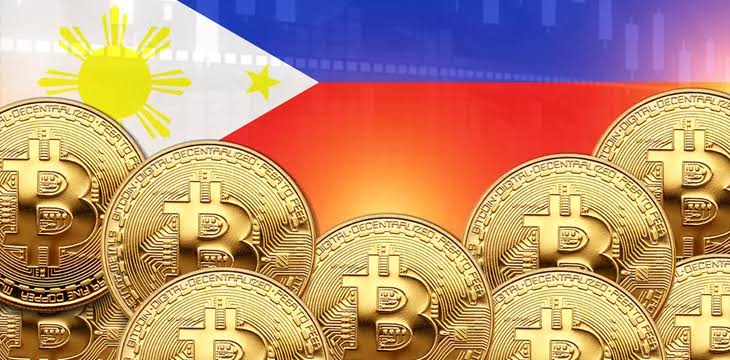
Philippines Delays Crypto Framework Amid Market Failures
Despite the spate of market failures in 2022, the Philippines’ financial regulator has decided not to rush the publication of a legal framework for the cryptocurrency industry, initially scheduled for late 2022.
However, work is proceeding on the guidelines, and the results could be released this year.
Emilio Aquino, the chairperson of the Philippines Securities and Exchange Commission (SEC), was quoted in a local news source as saying that the country’s previous deadlines for introducing the crypto framework have been pushed back.
The regulatory authority intended to submit industry guidelines in 2022 but postponed the initiative to investigate the causes of the FTX exchange’s collapse and safeguard investors.
According to Aquino, however, the framework could still be issued by the end of 2023:
“We haven’t closed the door. We really just have to make sure people don’t get burned.”
In 2023, the SEC collaborated with the University of the Philippines Law Center (UPLC) on digital asset guidelines.
In January 2023, the regulator submitted for public comment the Implementing Rules and Regulations of Republic Act No. 11765, which became law in 2022. However, the act does not mention “crypto” or “blockchain.”
The crypto industry in the Philippines has been facing increasing pressure. Both the central bank and the SEC have urged citizens not to conduct any transactions with unregistered or foreign crypto exchanges.
Gemini Derivatives were deemed an unregistered security product by the SEC in May 2023.
Nevertheless, the country continues to be a desirable destination for crypto.
It is one of the world’s fastest-growing economies, with over 11.6 million Filipinos owning digital assets, ranking it tenth in the world for crypto adoption.
